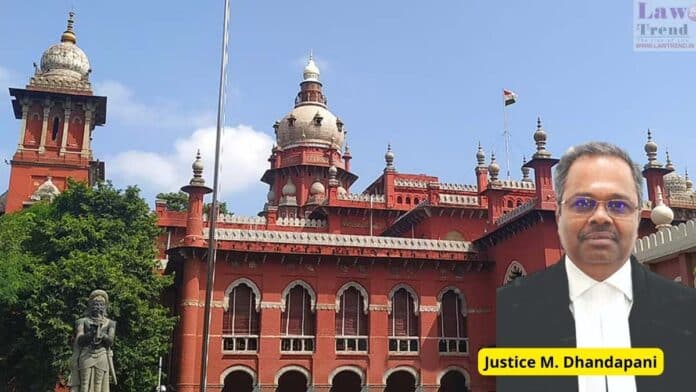The High Court of Judicature at Madras, in a significant ruling, has held that the provisions of the Juvenile Justice (Care and Protection of Children) Act, 2015, (JJ Act) do not apply to adoptions validly conducted under the Hindu Adoptions and Maintenance Act, 1956, (HAM Act). In a judgment delivered on October 25, 2025, Justice
To Read More Please Subscribe to VIP Membership for Unlimited Access to All the Articles, Download Available Copies of Judgments/Order, Acess to Central/State Bare Acts, Advertisement Free Content, Access to More than 4000 Legal Drafts( Readymade Editable Formats of Suits, Petitions, Writs, Legal Notices, Divorce Petitions, 138 Notices, Bail Applications etc.) in Hindi and English.




